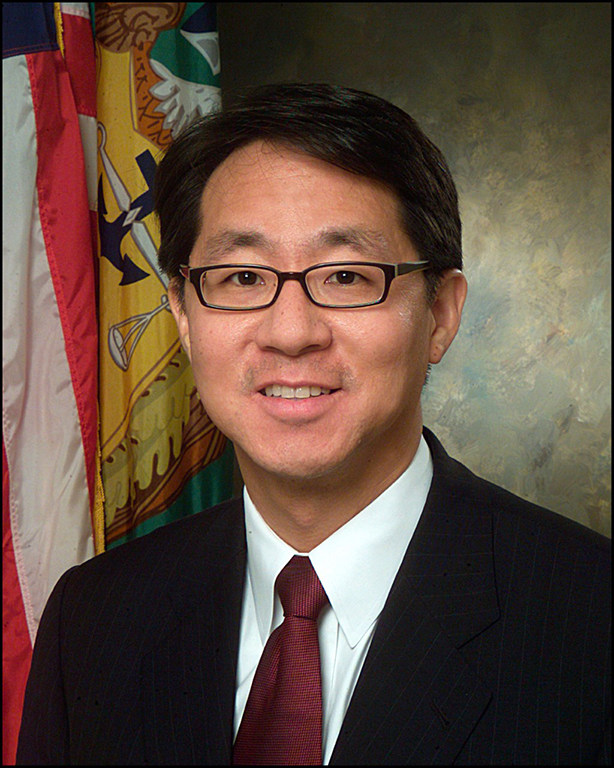
Curtis S. Chin
By Curtis S. Chin
For Northwest Asian Weekly
Amidst greater awareness of anti-Asian violence, there is now talk of congressional hearings and resumed efforts to pass legislation to bolster federal aid to localities for hate-crime reporting and training.
That should be welcomed and supported by all parties.
It is time to move beyond the hyper-partisanship of last year’s presidential year which helped doom bicameral action on efforts to call out hate, including a resolution denouncing COVID-19 racism toward Asian Americans.
Nearly three decades ago, stark images of anti-Asian violence in America filled our TV screens. Today’s images on social media and smartphone screens are of a different sort, but no less horrifying.
In 1992, four Los Angeles police officers were acquitted for use of excessive force in the arrest and beating of Rodney King. The LA metropolitan area was then rocked by looting, assaults, and arson, with the city’s Koreatown neighborhood bearing the brunt of the damage. Frustrations over the criminal justice system and tensions across communities boiled over.
More than 50 people died, and damages topped $1 billion, including for more than 2,000 damaged or destroyed Korean-run businesses.
Today, we stand witness to a long line of unprovoked attacks against often elderly Asian Americans.
In a sign of how far we have come since the LA riots, individuals and organizations across communities are emphasizing support for each other. So too, after the killing of George Floyd in 2020, Americans of all backgrounds—including Asian Americans—voiced support for Black Lives Matter and shared concerns over equity and access.
Action now must follow awareness.
Indeed. In separate conversations on social media platform Clubhouse, curated by actor Daniel Dae Kim and Silicon Valley artist Drue Kataoka, and joined by rapper and entrepreneur MC Hammer among others, I underscored the importance of a multi-pronged approach to build strong, resilient communities. Long-term solutions are key even as necessary steps are taken in the near-term to protect elderly individuals worried about safety.
Such an approach to stop Asian hate would build on the advocacy, local language outreach, and work of community groups from Seattle to New York. For me, this includes harnessing the power of lessons learned from the nonprofit Asian American Federation, on whose board I once served, and which has since 1989 worked to raise the influence and well-being of the diverse pan-Asian community.
Key components of an integrated approach to community building includes support for AAPI-specific research and data collection. We must also support mental health initiatives, immigrant integration programs, economic development assistance, capacity building for nonprofits, and greater civic engagement.
On the third day of the 1992 LA riots, Rodney King publicly appealed for an end to violence. “Can we all get along?” he famously asked.
Today’s unprovoked violence against Asian Americans underscores how much further we as a nation still need to travel.
At a time of great anxiety and fear for many communities from Washington state to Washington, D.C., it is clear that leadership and language matter. So too is the need to re-invest in community-based solutions against racism and xenophobia if we are to travel forward together and rise up against hate.
Curtis S. Chin served as U.S. Ambassador to the Asian Development Bank under Presidents George W. Bush and Barack Obama. He is a former board member of the New York-based nonprofit Asian American Federation. Follow him on Twitter at @CurtisSChin.



